GCSE History
Curriculum overview for GCSE History
Curriculum intent – the knowledge, understanding and skills that students will learn
During the GCSE History course, students will develop a comprehensive understanding of key historical events, themes, and concepts, while fostering critical thinking, analytical skills, and a broader appreciation of the past. They will focus on a range of time periods that will allow them to develop their understanding of different identities within society and an appreciation of aspects such as social, cultural, religious and ethnic diversity. The core skills students will develop are:
• To demonstrate knowledge and understanding of the key features and characteristics of the period studied
• To explain and analyse historical events and periods studied using second-order historical concepts
• To analyse, evaluate and use sources (contemporary to the period) to make substantiated judgements, in the context of historical events studied
• To analyse, evaluate and make substantiated judgements about interpretations (including how and why interpretations may differ) in the context of historical events studied
Curriculum implementation – teaching, learning and assessment strategies
In class teaching is sequenced thematically for the depth study components and chronologically for the breadth study components. Key themes that cross the components are highlighted and addressed so students build up a wider understanding of how key historical events have shaped the modern world. Throughout the course students will be taught how to deconstruct contemporary sources and historians’ interpretations. They will also be encouraged to draw connections between historical events and contemporary issues, helping them understand the relevance and impact of history in today's world. As this subject is assessed completely by examination, students will also take regular written assessments in timed conditions, as well as low stakes quizzes. In class discussions will allow students to formulate their arguments and make judgements.
Curriculum impact – intended outcomes for students
Here at Blackfen we want to create Historians, not just students who study History. Students will develop their interest in and enthusiasm for history and gain an understanding of its intrinsic value and significance. Throughout their student of GCSE History students will acquire an understanding of the nature of historical study, for example, that history is concerned with judgements based on available evidence and that historical judgements are provisional. They will be developed in their use and understanding of historical terms, concepts and skills. Students will be able to make links and draw comparisons within and/or across different periods and aspects of the past. They will be able to organise and communicate their historical knowledge and understanding in different ways, arguing a case and reaching substantiated judgements.
Course overview for GCSE History
Exam board: Edexcel – https://qualifications.pearson.com/en/qualifications/edexcel-gcses/history-2016.html
Coursework: N/A
Paper 1: Thematic study and historic environment Option 13: Migrants in Britain, c800 – present and Notting Hill, c1948 – c1970
Section A: Notting Hill, c1948 – c1970
Section B: Migrants in Britain, c800 – present
Paper 2: British depth study and Period Study
Option B3: Henry VIII and his ministers, 1509 – 40
Option P3: The American West, c1835 – c1895
Paper 3: Modern depth study Option 31: Weimar and Nazi Germany, 1918–39
